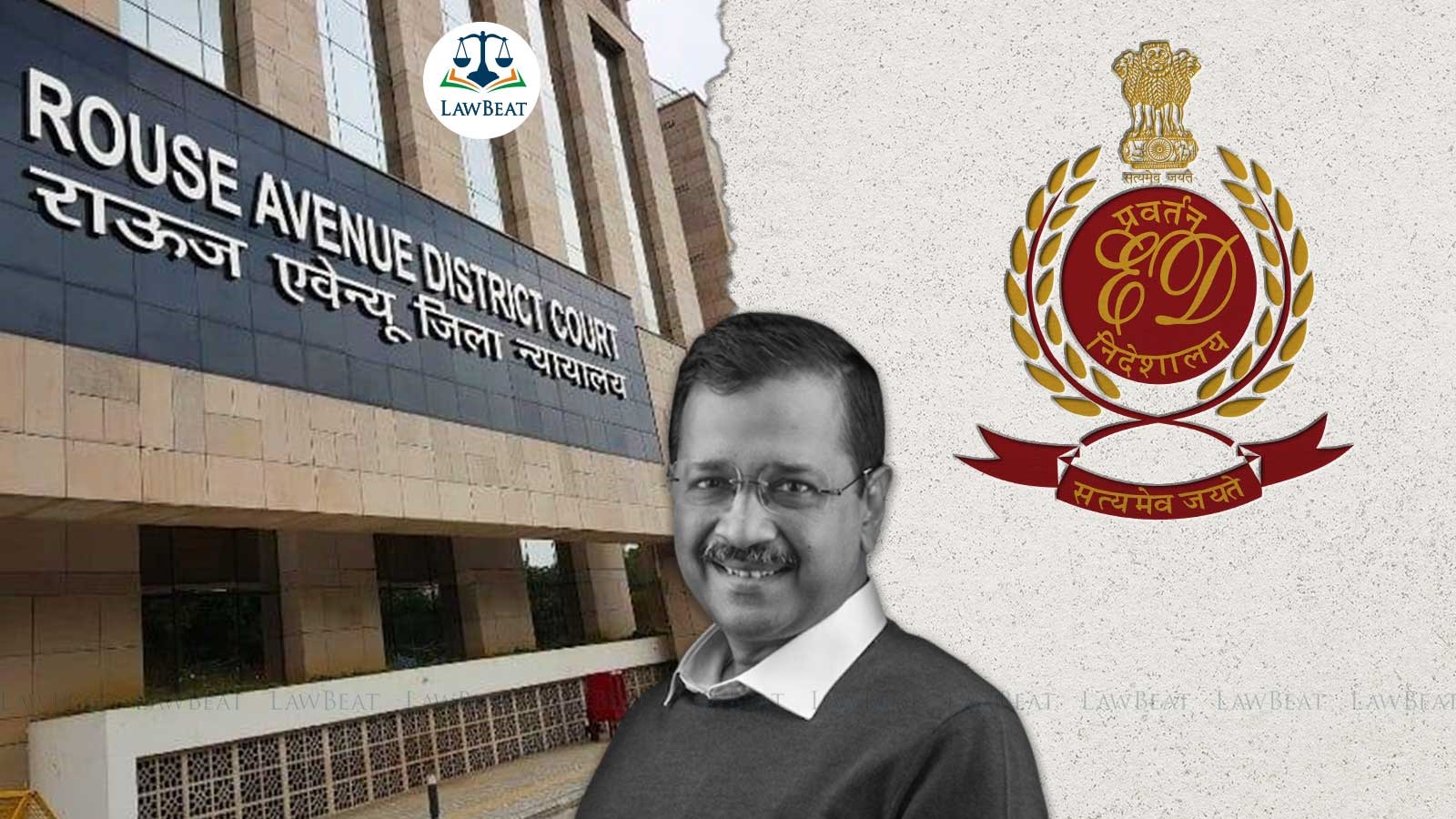Delhi Court Remands Kejriwal To Judicial Custody Till April 15

Special CBI Judge Kaveri Baweja passed the order of Judicial custody subsequent to the Enforcement Directorate's (ED) decision not to pursue an extension of remand
The Rouse Avenue Court has remanded Delhi Chief Minister Arvind Kejriwal under judicial custody until April 15, concerning his purported involvement in a scandal related to liquor policy.
Kejriwal's apprehension on March 21 necessitated his presence in court as his custody under the Enforcement Directorate (ED) came to an end today. Initially confined for a span of six days by the ED, his custody had been earlier extended for an additional four days.
The crux of the matter lay in Kejriwal's alleged implication in a scheme involving money laundering connected to the purported impropriety of the liquor policy. Despite receiving nine summons from the ED, Kejriwal failed to adhere to them, ultimately leading to his arrest. Notably, members of his political faction, the Aam Aadmi Party, specifically Manish Sisodia and Sanjay Singh, were also accused and currently detained in judicial custody.
Following his apprehension, Kejriwal promptly pursued recourse from the Supreme Court, albeit retracting the petition subsequently. Prior to this legal maneuver, he approached the Delhi High Court to contest the summons issued by the ED and requested interim protection, with a scheduled hearing set for April 22.
The ED asserted that Kejriwal played a pivotal role in the alleged scandal, contending that he orchestrated a conspiracy resulting in substantial profits for specific private entities through the city's excise policy. They alleged that Kejriwal, in collaboration with others, manipulated the policy to confer significant margins to particular wholesalers. These purported actions were purportedly orchestrated by Vijay Nair on behalf of Kejriwal and his associates.
